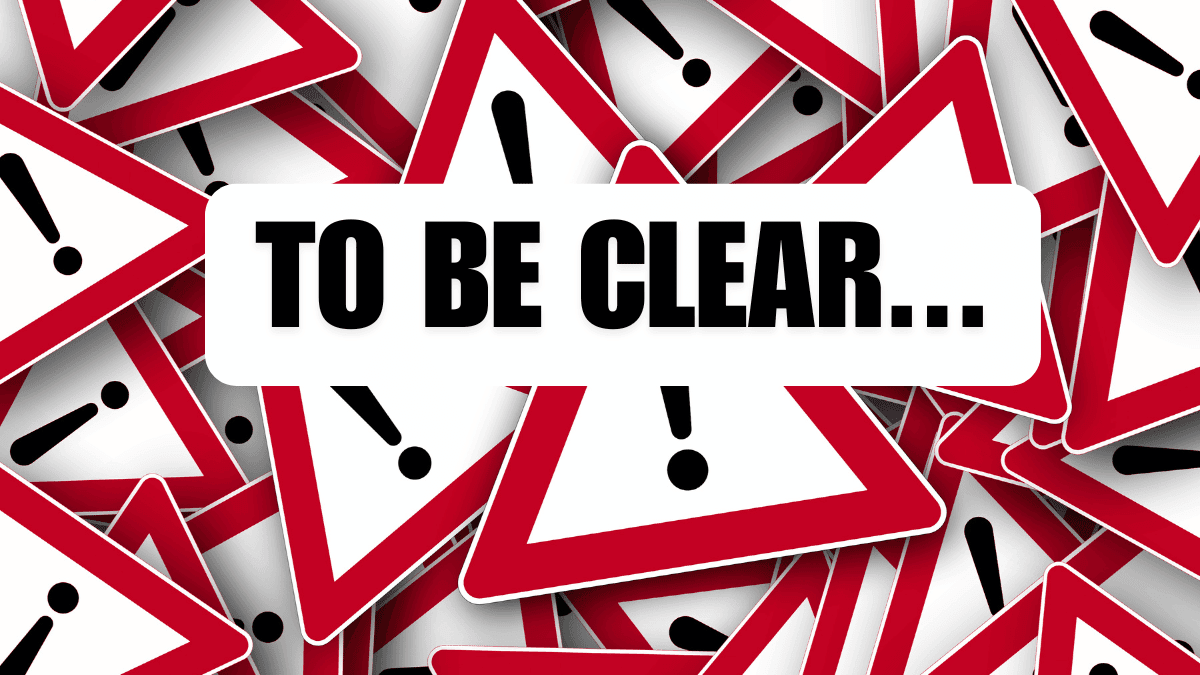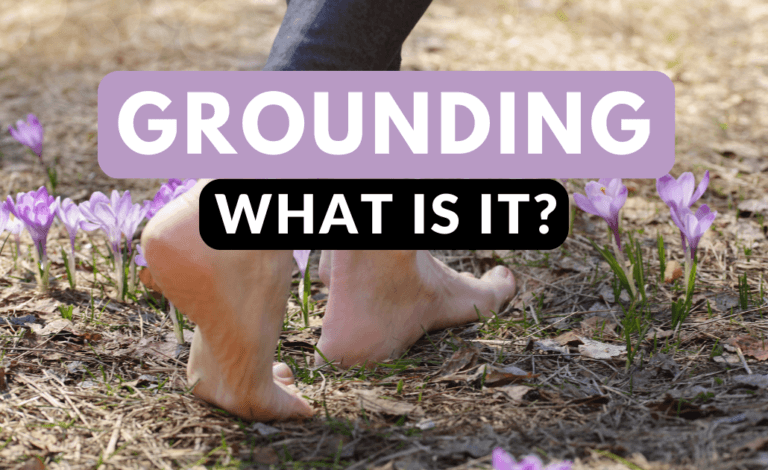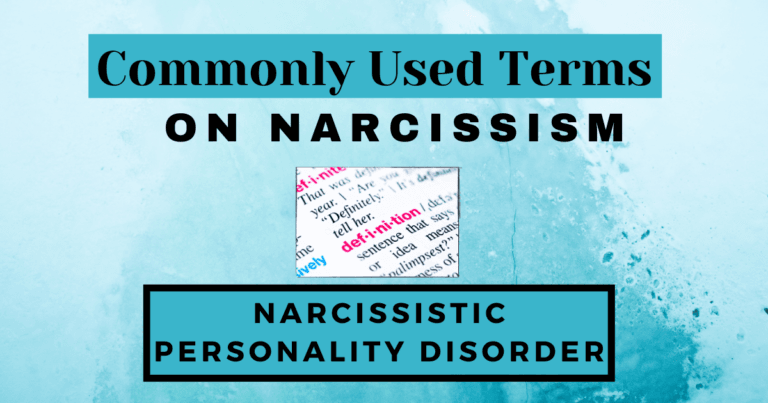How to Identify the Red Flags: 10 Signs of Narcissistic Personality Disorder
Identify the Red Flags
Narcissistic Personality Disorder (NPD) is a complex and often misunderstood psychological condition characterized by an inflated sense of self-importance, a lack of empathy, and a need for excessive admiration. Recognizing the signs of NPD can be crucial in managing relationships with individuals who exhibit these traits. Here are ten key signs that may indicate someone has Narcissistic Personality Disorder:
Related: Do Boundaries Really Work with Narcissists? Learn Effective Strategies
Related: Why Narcissists Struggle with Empathy: Understanding the Science Behind their Behavior
Related: Understanding Why Narcissists Create Chaos
Related: You Must Protect Yourself from Their Emotional Manipulation, Learn Strategies
1. Grandiose Sense of Self-Importance
Individuals with NPD often exhibit a grandiose sense of their own importance and achievements. They may exaggerate their talents, expect to be recognized as superior without commensurate achievements, and believe they are unique and can only be understood by other special or high-status people. This inflated self-view can lead to unrealistic expectations and disappointment when others do not meet their inflated expectations.
2. Preoccupation with Fantasies of Success and Power
A narcissist may be preoccupied with fantasies of unlimited success, power, brilliance, beauty, or ideal love. These fantasies can dominate their thoughts and influence their behavior, leading them to set unrealistic goals and seek validation in ways that may not be attainable or realistic. This preoccupation often results in a persistent dissatisfaction with their current achievements and relationships.
3. Belief in Being Unique or Special
People with NPD often believe they are unique or special and can only be understood by other special or high-status individuals. They may expect others to recognize and affirm their uniqueness and become frustrated or angry when they do not receive the admiration they believe they deserve. This sense of entitlement can lead to strained relationships and conflicts with others.
4. Need for Excessive Admiration
A strong need for excessive admiration is a hallmark of NPD. Narcissists may crave constant attention and validation from others to reinforce their self-esteem. This need for admiration can drive them to seek out positions or relationships where they can receive the praise and recognition they desire, often at the expense of others.
5. Sense of Entitlement
Individuals with NPD often have a sense of entitlement and expect special treatment or favors without considering the needs or feelings of others. They may become upset or angry if they do not receive the preferential treatment they believe they deserve and may exploit others to achieve their own goals.
6. Exploitative Behavior
Narcissists often use others to achieve their own ends, taking advantage of their resources, time, or emotions without regard for their well-being. This exploitative behavior is driven by their need to maintain their sense of superiority and achieve their personal goals, often leading to manipulative and self-serving actions.
7. Lack of Empathy
A significant lack of empathy is a core feature of NPD. Narcissists struggle to recognize or care about the feelings and needs of others. This lack of empathy can lead to insensitive or callous behavior, making it challenging for them to form meaningful and compassionate relationships.
8. Envy of Others or Belief That Others Are Envious of Them
Narcissists may experience envy towards others who they perceive as having more success, admiration, or recognition. Conversely, they may also believe that others are envious of them. This envy can drive competitive and hostile behavior, as they seek to undermine or diminish those they perceive as threats to their self-image.
9. Arrogant or Haughty Attitudes
Arrogance and haughtiness are common in individuals with NPD. They may display condescending or disdainful behavior towards others, viewing them as inferior or less important. This arrogance can manifest in their interactions and contribute to conflicts and strained relationships.
10. Difficulty Handling Criticism
Narcissists often have difficulty handling criticism or perceived slights. They may react with anger, defensiveness, or denial when faced with negative feedback, as it threatens their inflated self-image. This difficulty with criticism can lead to conflicts and a lack of accountability for their actions.
identify the red flags identify the red flags identify the red flags identify the red flags identify the red flags identify the red flags identify the red flags identify the red flags identify the red flags identify the red flags








